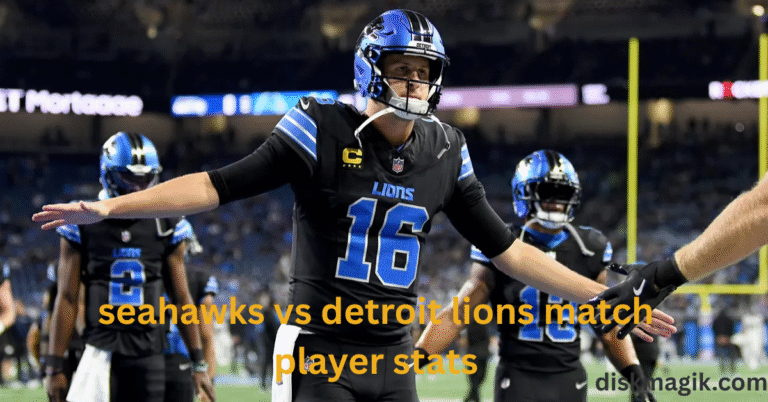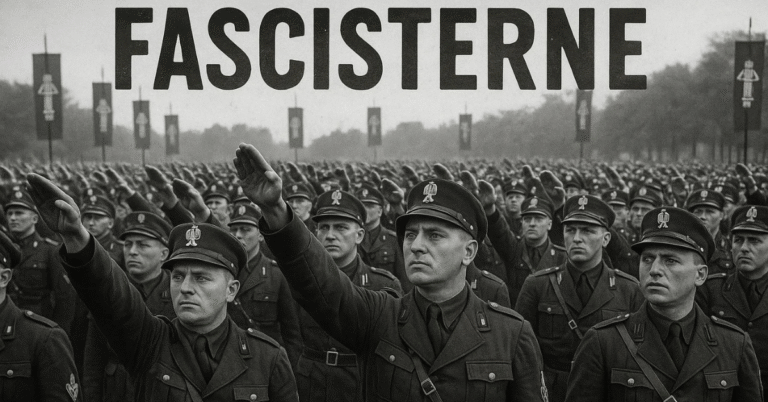Ombudsmänner: A Human Bridge for Fairness and Accountability

The role of the ombudsman is more important than ever in a setting that is becoming more bureaucratic and complex. Whether in public services, private companies, or government agencies, people typically have to deal with systems that seem unfair, impersonal, or unclear. In this case, ombudsmen can be helpful—not as enforcers, but as impartial mediators who support accountability, equity, and transparency.
The Swedish word ombudsman, which means “representative” or “agent,” is the source of the phrase “ombudsmänner.” Despite being frequently linked to the government, the function has developed and spread throughout industries and nations, assisting in the settlement of disputes, the examination of grievances, and the protection of individual rights. This guide will explain what ombudsmen are, how they work, how important they are to contemporary society, and why this position is quickly becoming a global benchmark for trust-building and good governance.
Who Are Ombudsmänner?
Ombudsmänner are independent officials appointed to represent the interests of individuals or groups by investigating and addressing complaints made against public or private entities. Their job is to ensure that rules are applied fairly, decisions are transparent, and administrative errors are corrected.
Receiving complaints from the public or staff members and looking into unethical behavior or unfair bureaucracy are among the core duties.
Recommending remedial measures, informing the public or higher authorities, and promoting systemic changes
Ombudsmen are not a part of the legal system, in contrast to attorneys or judges. Rather than using the legal system to enforce laws, their strength is in policy reform, mediation, and neutrality.
History and Origin of Ombudsmänner
The ombudsman tradition began in Sweden in 1809 with the appointment of the first parliamentary ombudsman. The goal was to supervise the administration of justice and ensure government accountability. Over the centuries, this model spread across Europe, Asia, North America, and Africa, adapting to local legal and social systems.
Today, the plural form “ombudsmänner” (a Germanic adaptation) refers to individuals in these roles, especially in German-speaking countries or multilingual institutions.
Types of Ombudsmänner
Depending on their domain and mandate, ombudsmänner may specialize in various fields:
Government Ombudsmänner
They handle complaints about public institutions such as taxation, immigration, policing, or social services.
Corporate Ombudsmänner
Appointed by companies to mediate internal disputes, employee grievances, or customer issues, ensuring fair treatment and ethical practices.
University Ombudsmänner
They serve as neutral advisors for students and faculty, helping resolve academic or workplace conflicts.
Financial Ombudsmänner
Specialists in resolving disputes between consumers and banks, insurance companies, or investment firms.
Media or Press Ombudsmänner
They handle public complaints about journalism ethics and media fairness.
Why Are Ombudsmänner Important?
An ombudsman’s presence in a system or organization makes the complaint process approachable and unthreatening. Their efforts improve:
• Accountability for unjust or illegal decisions;
• Public confidence in institutions
• Conflict resolution without expensive litigation;
• Systemic change through policy recommendations;
• Transparency in administrative procedures
They are particularly helpful in defending the rights of marginalized or vulnerable groups that might otherwise be disregarded or ignored.
How Ombudsmänner Operate
Although particular techniques differ, ombudsmen typically adhere to a set procedure:
• Intake of complaints: Getting concerns from people or organizations.
• Investigation: obtaining information, speaking with interested parties, and examining regulations.
• Findings and recommendations: Disseminating findings and making recommendations for fixes or changes.
• Follow-up and reporting: keeping an eye on results and, if necessary, releasing reports to the public.
In order to facilitate a just resolution, they usually refrain from taking sides and serve as a liaison between institutions and complainants.
Benefits of Having Ombudsmänner in Any System
Employers who designate an ombudsman frequently experience the following obvious advantages:
• Lower legal risk due to early dispute resolution;
• Higher employee satisfaction
Stronger internal ethics and compliance systems, increased trust from customers or citizens, and reduced stress and strain within the organization
In today’s accountability-driven culture, this role also communicates that an organization values fairness, transparency, and listening.
Challenges Faced by Ombudsmänner
Despite their importance, ombudsmen frequently encounter the following obstacles:
• Limited authority: They are able to suggest actions but not carry them out.
• Resource limitations: Effectiveness may be hampered by small teams and tight budgets.
• Institutional resistance: Some businesses oppose accountability or scrutiny.
• Public awareness: Some people might not be aware that they have access to the Ombudsman channel.
However, the success of numerous ombudsman systems has resulted in increased support and legal reinforcement on a global scale.
Global Perspective: Ombudsmänner Around the World
This position is well-established worldwide, with examples including the US Office of the Ombudsman, Germany’s Ombudsstelle, and the UK’s Parliamentary and Health Service Ombudsman.
Among the new trends are
• Online complaint filing platforms
• Increased involvement in climate and sustainability disputes;
• AI-driven case trend analysis;
• Multilingual ombudsman for international organizations
The increasing need for moral leadership and human-centered governance is reflected in their development.
Future of Ombudsmänner
As systems grow more complex, the need for human-centric intermediaries will only grow. The ombudsmänner model is adapting to:
- Cross-border challenges (e.g., multinational corporations)
- Tech disputes (e.g., AI decision-making)
- Human rights oversight
- Workplace mental health concerns
Investing in this role today helps build resilient, fair, and responsive organizations for tomorrow.
Conclusion
Ombudsmen are quiet yet powerful in resolving conflicts, protecting rights, and improving institutions from inside. Whether you’re overcoming bureaucratic barriers, struggling with unfair treatment, or simply wanting to be heard, these professionals offer a crucial channel for justice. Their ability to foster systemic change, their commitment to justice, and their impartiality make them indispensable in today’s environment. The Ombudsman will remain a trustworthy tool for managing complex systems and disputes as more companies embrace transparency and accountability.
FAQs About Ombudsmänner
What does an ombudsmann do?
They investigate complaints and mediate disputes between individuals and institutions, aiming for fair, impartial resolutions.
Are ombudsmänner legally binding?
No. They make recommendations, but their decisions are usually not enforceable like a court ruling.
Where can I find an ombudsman?
Many government agencies, companies, universities, and banks have ombudsman offices. Search their websites or ask HR/customer support.
What’s the difference between an ombudsman and a lawyer?
A lawyer represents a client’s interests; an ombudsmänner is neutral and focused on fairness rather than advocacy.
Can anyone file a complaint with an ombudsmänner?
Yes. Most ombudsman systems are free and open to the public, employees, or consumers depending on the domain.
Are ombudsmänner confidential?
Yes. Most operate under strict confidentiality to protect all parties involved.






